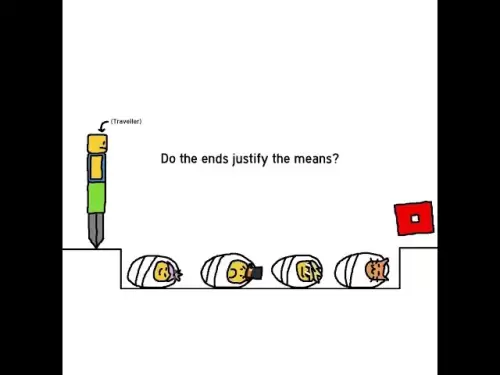-
 Bitcoin
Bitcoin $120400
1.77% -
 Ethereum
Ethereum $3615
7.90% -
 XRP
XRP $3.580
17.84% -
 Tether USDt
Tether USDt $1.001
0.06% -
 BNB
BNB $729.4
1.25% -
 Solana
Solana $179.9
5.04% -
 USDC
USDC $0.0000
0.01% -
 Dogecoin
Dogecoin $0.2311
8.22% -
 TRON
TRON $0.3226
4.04% -
 Cardano
Cardano $0.8490
12.85% -
 Hyperliquid
Hyperliquid $46.45
0.72% -
 Stellar
Stellar $0.4913
8.54% -
 Sui
Sui $4.027
2.00% -
 Chainlink
Chainlink $18.51
11.67% -
 Hedera
Hedera $0.2818
21.51% -
 Avalanche
Avalanche $24.03
7.40% -
 Bitcoin Cash
Bitcoin Cash $508.5
2.90% -
 Shiba Inu
Shiba Inu $0.00001496
3.24% -
 UNUS SED LEO
UNUS SED LEO $8.961
1.83% -
 Toncoin
Toncoin $3.264
3.13% -
 Litecoin
Litecoin $104.6
8.15% -
 Polkadot
Polkadot $4.389
6.11% -
 Uniswap
Uniswap $9.924
10.63% -
 Monero
Monero $337.9
0.49% -
 Pepe
Pepe $0.00001376
2.79% -
 Bitget Token
Bitget Token $4.830
2.46% -
 Ethena USDe
Ethena USDe $1.001
0.05% -
 Dai
Dai $1.000
0.02% -
 Aave
Aave $325.2
1.66% -
 Bittensor
Bittensor $423.7
-0.85%
Why was my Coinbase account closed for no reason?
Coinbase may close accounts for suspicious activity, verification issues, or policy violations, often due to strict regulatory compliance requirements.
Jul 15, 2025 at 06:00 pm
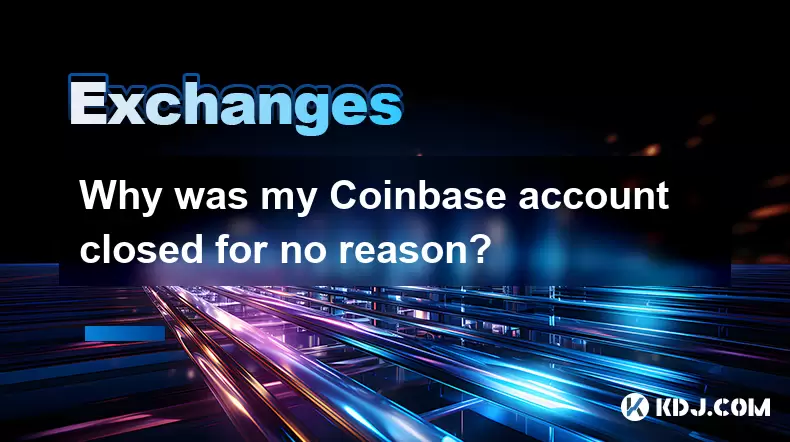
Understanding Account Closure on Coinbase
If you've found yourself asking, "Why was my Coinbase account closed for no reason?", you're not alone. Many users have reported sudden and seemingly unexplained closures of their Coinbase accounts. While it can feel frustrating or unfair, there are typically underlying reasons behind such actions, even if they aren't immediately communicated to the user.
Coinbase operates under strict regulatory compliance frameworks. As a result, the platform must adhere to anti-money laundering (AML) laws, know your customer (KYC) requirements, and other financial regulations. When an account is flagged or suspected of violating these rules, Coinbase may take action, including suspending or closing the account without prior notice.
Possible Reasons for Account Closure
There are several potential triggers that could lead to your Coinbase account being shut down:
- Suspicious transaction activity: Large or unusual transactions may raise red flags with Coinbase's automated systems.
- Identity verification issues: If there's any inconsistency in the documents provided during sign-up or during subsequent verification requests, Coinbase may close the account pending further review.
- Multiple accounts from the same IP address or device: Coinbase limits the number of accounts per individual and household to prevent abuse.
- Violation of terms of service: Even unintentional violations—such as using third-party tools to access Coinbase or engaging in arbitrage trading—can be grounds for closure.
- Fraudulent behavior: This includes chargebacks, fake identification, or attempts to manipulate the system.
In some cases, users may not receive an explicit explanation due to internal policies or legal constraints.
How to Contact Coinbase Support for Account Closure Issues
If your account has been closed and you believe it was done in error, contacting Coinbase support is your next step. Here’s how to proceed:
- Log into your account—if possible—and navigate to the Help Center.
- Use the search bar to look for “account closure” or similar keywords.
- Submit a detailed support request through the Contact Us form.
- Include all relevant information: account email, approximate date of closure, and any screenshots or messages related to the issue.
- Be polite and clear in your communication; avoid aggressive language.
Keep in mind that response times can vary, especially during high-volume periods. Also, not all cases result in account reinstatement, particularly if the closure was tied to policy violations.
Steps to Appeal a Coinbase Account Closure
Appealing a closed Coinbase account involves a few key steps:
- Review your email inbox: Coinbase usually sends a notification explaining the reason for closure, though sometimes this may go to spam or promotions folders.
- Gather supporting documentation: This could include government-issued IDs, proof of address, or transaction records that help clarify your case.
- Submit a formal appeal: Use the support portal to request a review of the decision. Clearly state why you believe the closure was unjustified.
- Follow up regularly: If you don’t hear back within a week, send a follow-up message reiterating your request and offering additional evidence if available.
It’s important to remain persistent but professional throughout the process. Coinbase handles thousands of such cases daily, so standing out with clarity and evidence can improve your chances of success.
Preventing Future Account Closures on Coinbase
Once you’ve resolved the issue or regained access, it’s wise to take proactive measures to avoid future problems:
- Always ensure your personal information is up to date, including your name, phone number, and address.
- Avoid using third-party apps or bots that interact with your Coinbase account unless explicitly approved by Coinbase.
- Monitor your account for unusual activity and report any suspicious logins or transactions immediately.
- Respond promptly to any verification requests or emails from Coinbase.
- Familiarize yourself with the terms of service and community guidelines to stay compliant.
By maintaining transparency and following platform rules, you reduce the likelihood of facing another unexpected account closure.
Frequently Asked Questions
Can I create a new Coinbase account after my old one was closed?
Yes, you can open a new account, but if the previous closure was due to a violation, the new account may also be at risk. Coinbase often tracks users across devices and IP addresses, so opening a new account without resolving the original issue may not be effective.
Will Coinbase refund funds from a closed account?
If your account had a balance before closure, you should still be able to withdraw those funds, assuming the closure wasn’t due to fraud or illegal activity. You may need to contact support to initiate the process or check your email for instructions.
Does Coinbase provide a written explanation for every account closure?
Not always. While many users receive automated notifications outlining potential violations, some closures occur without detailed reasoning, especially when triggered by automated systems or sensitive investigations.
Is there a way to bypass Coinbase’s KYC verification?
No, KYC verification is mandatory for most activities on Coinbase. Attempting to bypass it may result in immediate account suspension or closure.
Disclaimer:info@kdj.com
The information provided is not trading advice. kdj.com does not assume any responsibility for any investments made based on the information provided in this article. Cryptocurrencies are highly volatile and it is highly recommended that you invest with caution after thorough research!
If you believe that the content used on this website infringes your copyright, please contact us immediately (info@kdj.com) and we will delete it promptly.
- MEXC's Q2 Domination: Riding the Crypto Wave to Market Leadership
- 2025-07-18 18:30:12
- Caldera (ERA) Takes Flight: Binance Listing Ignites Crypto Surge
- 2025-07-18 19:10:13
- XRP & Ripple: Regulatory Progress Fuels a New York Minute Rally
- 2025-07-18 18:30:12
- Bitcoin, Crypto Wallets, and Security: Staying Safe in the Wild West of Digital Finance
- 2025-07-18 16:30:12
- Bitget Launchpool Heats Up with Caldera (ERA) Token Rewards!
- 2025-07-18 16:50:12
- XLM Bullish Chart: Analyst Sees Stellar Opportunity
- 2025-07-18 17:10:13
Related knowledge

Is KuCoin a decentralized exchange?
Jul 18,2025 at 03:15pm
Understanding Decentralized Exchanges (DEXs)To determine whether KuCoin is a decentralized exchange, it's essential to first understand what defines a...
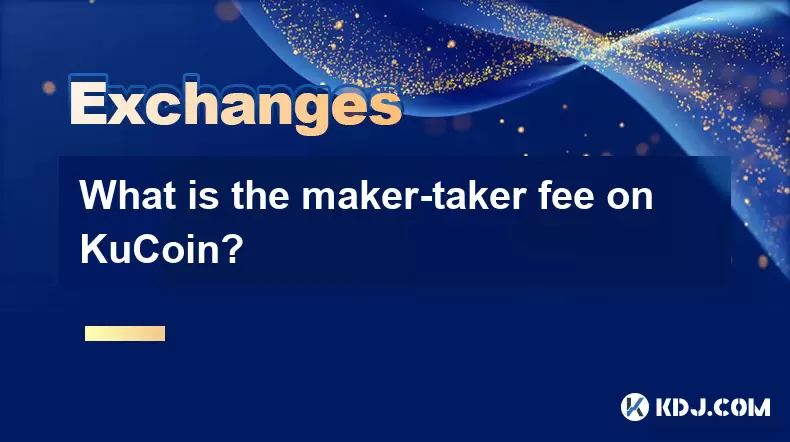
What is the maker-taker fee on KuCoin?
Jul 18,2025 at 12:42pm
Understanding the Maker-Taker Fee ModelThe maker-taker fee model is a pricing structure used by many cryptocurrency exchanges, including KuCoin, to de...
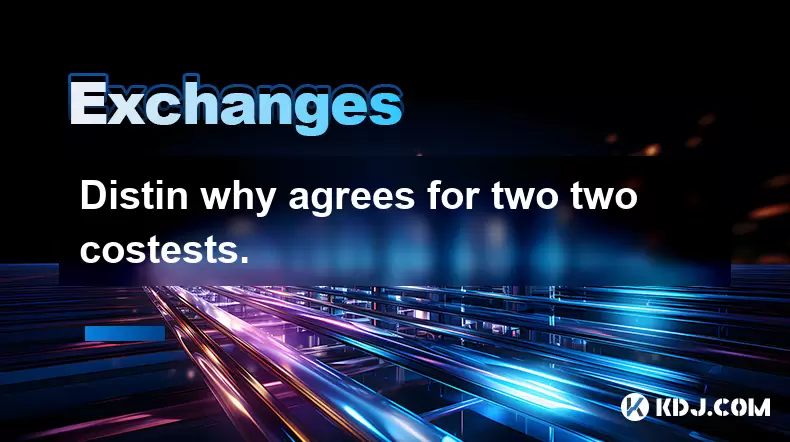
k mine's captal RAt boat but a toostorial isled.
Jul 18,2025 at 01:49pm
Understanding the KuCoin Spot Grid BotThe KuCoin Spot Grid Bot is a trading tool designed to help users profit from market volatility without the need...

Is KuCoin legal in Canada?
Jul 18,2025 at 04:14pm
Understanding the Legal Status of KuCoin in CanadaKuCoin is a global cryptocurrency exchange platform that allows users to trade various digital asset...
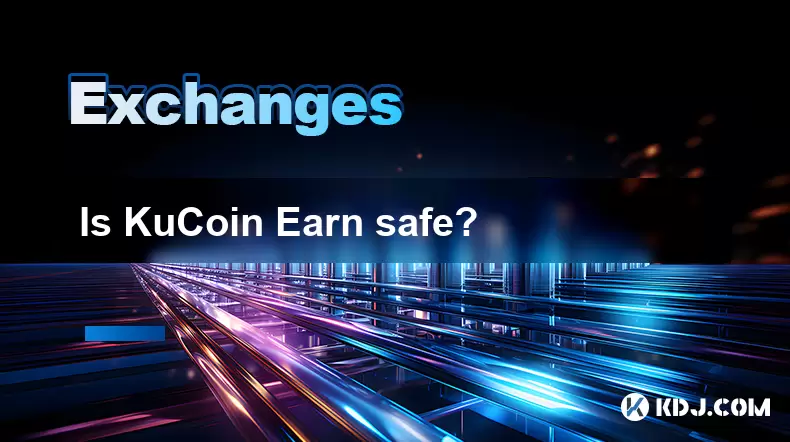
Is KuCoin Earn safe?
Jul 18,2025 at 10:14am
What is KuCoin Earn?KuCoin Earn is a service provided by the cryptocurrency exchange KuCoin that allows users to earn interest on their crypto holding...

What are the fees on KuCoin?
Jul 18,2025 at 11:42am
Overview of KuCoin FeesKuCoin is a popular cryptocurrency exchange platform known for its wide range of supported cryptocurrencies and user-friendly i...

Is KuCoin a decentralized exchange?
Jul 18,2025 at 03:15pm
Understanding Decentralized Exchanges (DEXs)To determine whether KuCoin is a decentralized exchange, it's essential to first understand what defines a...

What is the maker-taker fee on KuCoin?
Jul 18,2025 at 12:42pm
Understanding the Maker-Taker Fee ModelThe maker-taker fee model is a pricing structure used by many cryptocurrency exchanges, including KuCoin, to de...

k mine's captal RAt boat but a toostorial isled.
Jul 18,2025 at 01:49pm
Understanding the KuCoin Spot Grid BotThe KuCoin Spot Grid Bot is a trading tool designed to help users profit from market volatility without the need...

Is KuCoin legal in Canada?
Jul 18,2025 at 04:14pm
Understanding the Legal Status of KuCoin in CanadaKuCoin is a global cryptocurrency exchange platform that allows users to trade various digital asset...

Is KuCoin Earn safe?
Jul 18,2025 at 10:14am
What is KuCoin Earn?KuCoin Earn is a service provided by the cryptocurrency exchange KuCoin that allows users to earn interest on their crypto holding...

What are the fees on KuCoin?
Jul 18,2025 at 11:42am
Overview of KuCoin FeesKuCoin is a popular cryptocurrency exchange platform known for its wide range of supported cryptocurrencies and user-friendly i...
See all articles


























